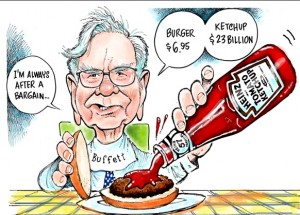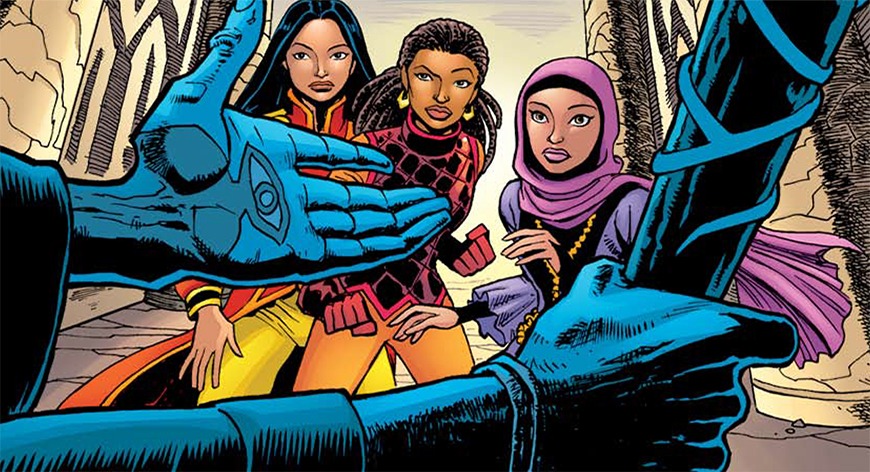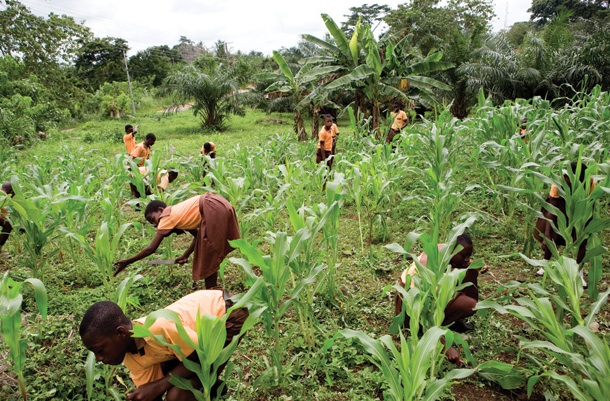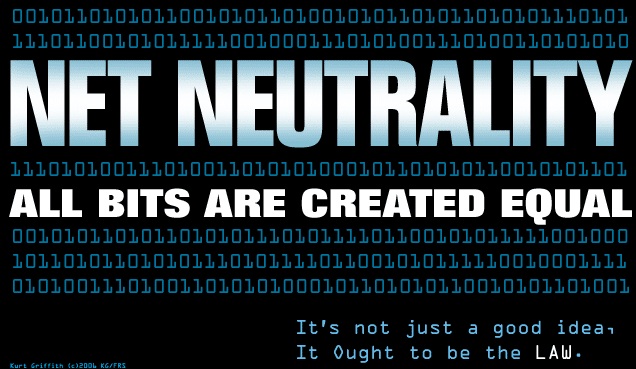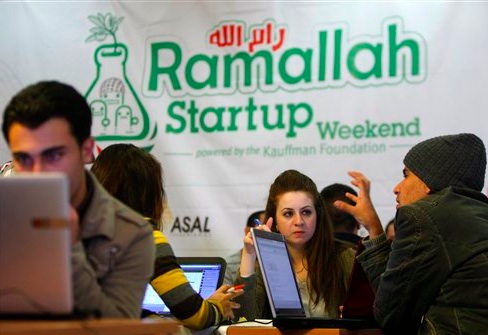Eike Batista, the Brazilian oil tycoon due to go on trial next week over insider … attempting to stage a comeback by investing in a South Korean pharmaceutical … Mr Batista’s EBX group signed a joint venture with the Seoul-based company … If impotence medication and dog cloning prove to be successful …
Mr Batista’s EBX group signed a joint venture with the Seoul-based company C. L. Pharm this year in a ‘development agreement’ worth $12m, according to the South Korean group’s website.
Investors around the world are still reeling from the collapse of Mr Batista’s oil and mining empire last year and the bankruptcy of its prized oil company OGX in October, which triggered Latin America’s largest-ever corporate default.
If found guilty, Mr Batista could be the first person in the Latin American country to go to jail for capital markets crimes. Mr Batista has denied any wrongdoing.
Mr Batista began negotiating with C. L. Pharm when he travelled to South Korea in April this year and has paid $1m just for the rights to set up a factory in his home country, according to a book due to be released on Friday about the tycoon titled ‘All or Nothing’ by Brazilian journalist Malu Gaspar.
Mr Batista is also said to have held business meetings with Hwang Woo-suk, a South Korean scientist who is looking to make his own comeback by setting up a dog cloning laboratory in Brazil, according to the book. After making the world’s first cloned dog Snuppy in 2005, Mr Woo-suk was accused of faking research on human stem cell cloning. Mr Woo-suk could not be reached for comment.
This week, EBX said Mr Batista also signed an agreement with Swiss property investor Acron to resume the joint development of Rio’s landmark Gloria Hotel.
Mr Batista had initially hoped to set up an infrastructure fund after the collapse of his commodities empire last year, according to Ms Gaspar’s publication. However, after reportedly receiving little interest from investors, especially in New York, he turned his focus to healthcare and technology opportunities in Asia.
If impotence medication and dog cloning prove to be successful businesses for Mr Batista, it would be the third time the entrepreneur has managed to reinvent himself.



